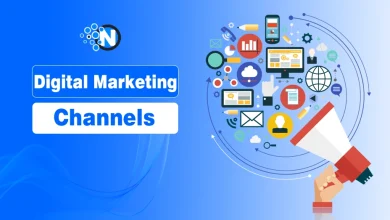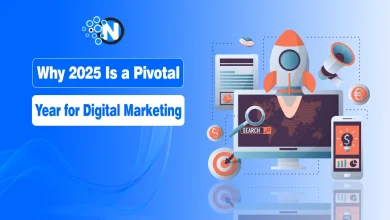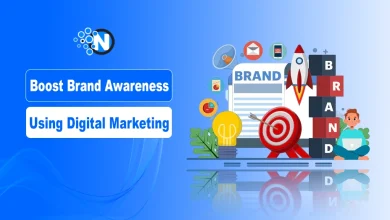How to Build Online Trust as an Insurance Agents

When working as an insurance agent, you’re not just selling policies, you’re selling peace of mind. And in today’s digital-first world, that trust has to start online, often before you’ve even spoken to a prospect.
Online trust has become an essential for success in the insurance industry. Before choosing an agent, most people begin their search online. They review profiles, read reviews, and scroll through social media. A strong online presence builds insurance agents’ credibility, consistency, and professionalism.
So how do you build that trust when your first impression is a screen, not a handshake?
As a digital marketing strategist who’s worked with dozens of insurance agents, I can tell you this: the agents who win online aren’t just good at selling, they’re great at building relationships.
In this article, I’m sharing five tried-and-true strategies that I’ve used with real agents to help them build trust online, attract better leads,

5 Ways to Build Trust as an Insurance Agent Online
Becoming a successful life insurance agent in this digital era requires establishing goodwill in the industry. Customers typically get an impression of your online reputation before reaching out to you. A solid digital presence will help you get more business.
Here are five ways to establish trust online to convert visitors into lifelong clients:
1. Build a Transparent and Professional Online Presence
Your website and social media accounts are likely the first point of contact. Ensure they are updated, easy to read, navigate, and represent who you are and what you are selling. Include your contact information, license number, address, and links to your profiles in any professional directories.
While the details seem small, they assure legitimacy and help establish trust, even at first glance. Use a professional photo, stay on-brand with your image choices, and post a short bio that showcases your experience and values.
Let them understand that you are approachable, reliable, and honest in your approach to serving your clients. Use a consistent description and image of all channels, it helps in avoiding confusion.
2. Educate Instead of Selling
Instead of selling products, offer helpful information that helps clients understand insurance better. Help distinguish the terms, explain different policies, and answer frequently asked questions using clear, straightforward language. People buy from those they trust, and when they learn from you, they will trust you more than if you sold them a product.
Using the educational content model builds trust because it prioritises your audience. Educational content demonstrates that you care enough to help someone make an important decision.
Your relationship will grow from that interaction, and they will see you as someone who demonstrates knowledge and competence before they are in a position to make a purchase.
3. Leverage Client Testimonials and Case Studies
Social proof is a quick way to build confidence. When potential customers see a genuine review from real customers, it reassures them that you have experience and they’re right to trust you. Encourage happy customers to leave honest reviews on Google, your website, or professional directories.
You can use some simple case studies to illustrate how you have teamed with other clients. The simple story format establishes the problem, solution, and outcome.
In each case study, be brief and compliant with privacy. Potential customers’ interest revolves around how your service changes their reality. Publish as many customer testimonials online to build more trust, it will help to build trust in front of new users.
4. Engage Consistently with Your Audience
Simply being relevant online is not enough; you must also be active. Posting regularly, replying to comments, and updating your posts indicate that you’ve taken part and are available. This creates a sense of familiarity that becomes important over time. Each time a potential client sees that you respond promptly, they will feel more at ease making contact.
Decide what schedule you can realistically follow, including weekly updates, bi-weekly tips, etc. If you are serious and want to become POSP insurance agent, stay focused on sharing helpful content with clients that adds value. Staying consistent in engaging with clients is the most critical factor in the insurance industry.
5. Showcase Credentials and Industry Expertise
People will trust professionals who show their qualifications. List your professional credentials, training, and years of experience on every central platform. Keep adding frequent certifications.
Add all your credits in your website & social media for better reach. This shows that you meet industry standards and maintain the necessary knowledge.
To take it further, share updates from the insurance industry, market changes, or new feature additions to insurance policies.
Use concise, relatable language to articulate the impacts of these changes on clients. When your audience sees you are informed and current, they are more likely to choose you over agents who do not provide as much information.
👉 Bonus Tip: Conduct online seminars, workshops, podcast and awareness campaign & Insurance insights. Invite your friends, family & institutions. It will help build up better connections and credibility.
Final Words
Establishing trust online requires more effort than simply building a website or social media presence. It requires effort, consistent updates, and human interaction with your audience.
When insurance agents remain public, accountable, and accessible, trust begins to form. Use the appropriate technology and speak right to your audience. The small, consistent steps an agent takes using technology over time will create a strong, long-lasting community engagement and relationship.




